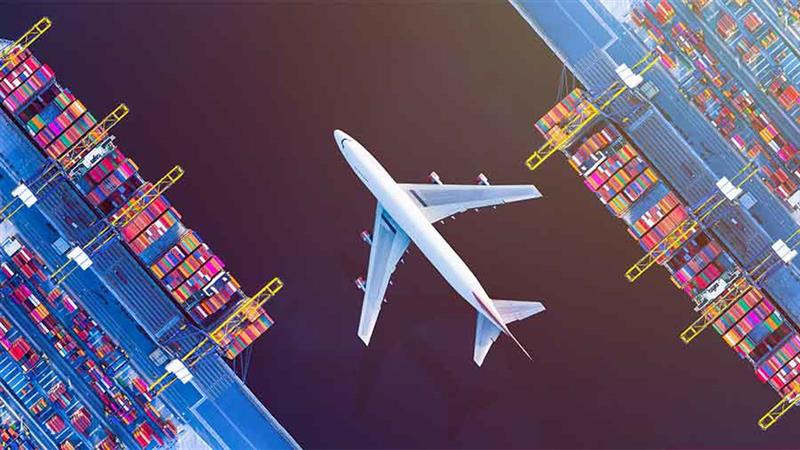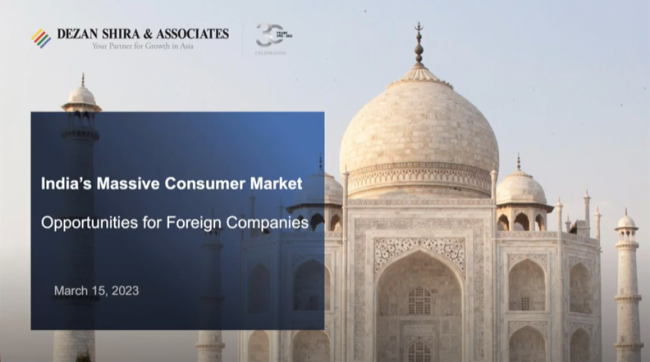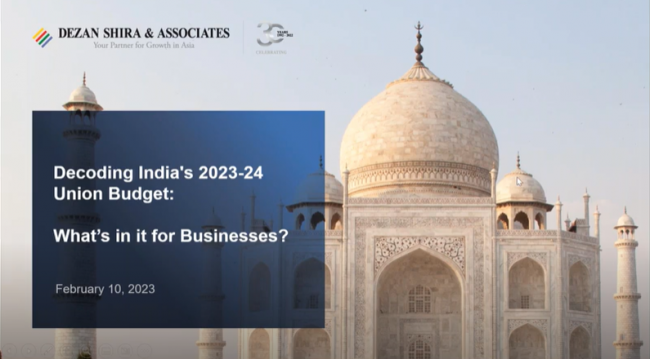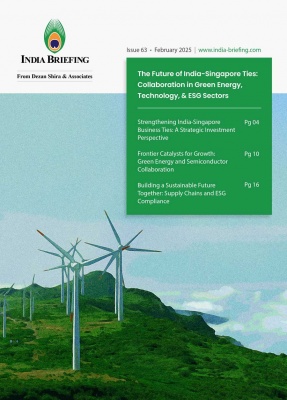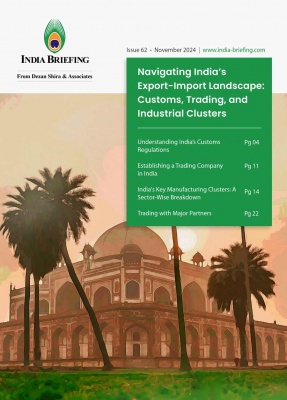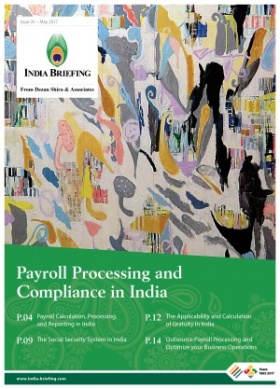Minimum Alternate Tax in India: Foreign Infrastructure Companies Exempt
Tax reform in India has picked up pace in recent years, with the Narendra Modi government focused on attracting greater foreign investment into the country. Key to the Modi plan is improving the ease of doing business in India, and turning the country into a manufacturing powerhouse. Unfortunately, India’s complicated tax rules and retrospective enforcement dissuade many foreign investors from doing more business in India.
Conscious of this, the Modi government has gradually sought to ease the corporate tax burden, without proposing any big bang changes. The latest is an exemption for the infrastructure sector. Specifically, foreign investors that have permanent establishments in infrastructure will be exempt from paying the Minimum Alternate Tax (MAT).
Announced in the Union Budget 2018, this is likely to be well received by those invested in oil drilling, shipping, air transport, and turnkey construction projects – many of which were hit hard by the MAT in the recent past. At the time, commenters in Western media outlets accused the India government of ‘tax terrorism’, an early blow to Narendra Modi’s effort to establish a reputation as business friendly, and a tag that the government has not been able to fully shake.
This recent measure goes some way to redressing these concerns, but it’s difficult to ascertain why they took so long.
What is MAT?
MAT is a local tax that India has levied, in some form or other, on companies since 1987. It ensures that companies that reduce their tax liability (up to zero percent) despite earning substantial book profits – due to various provisions under India’s Income-tax Act, 1961 – are brought under the federal tax net.
As per existing tax rules, if the tax payable by the company is less than 18.5 percent of its book profit, the book profit will be considered as its total income, and a MAT of 18.5 percent is levied. Under the Finance Act 2016, the federal government rolled back MAT for foreign companies that did not have permanent establishments in the country.
Waiver for infrastructure sector
The latest waiver for select industries in the infrastructure sector was announced in Finance Minister Arun Jaitely’s federal budget for 2018, now submitted as the Finance Bill 2018 to parliament.
The waiver will apply to foreign investors that have local branches in India, but fall under Sections 44B, 44BB, 44BBA, and 44BBB of the Income-tax Act. Industries covered under these sections are: shipping (44B), exploration of mineral oils (44BB), operation of aircrafts (44BBA), and civil construction business in turnkey power projects (44BBB).
Firm operating in these categories will no longer need to pay MAT for earnings, with retrospective effective from AY 2001-02. Accordingly, they will only need to pay the presumptive tax of 5 percent, that is, these companies will have to calculate their taxable income as 5 percent of their total turnover.
A case of tax terrorism?
Foreign investors routinely argue that with the inclusion of MAT, India has one of the highest corporate tax burdens in the world. Moreover, the retrospective relaxation of MAT provisions for specific sectors, one financial year at a time, deprives investors of tax certainty.
India, on the other hand, refuses to completely do away with the MAT or ease the overall corporate tax burden – opting instead for a mix of policies. These include select tax exemptions or the relaxation of tax provisions, such as the easing of corporate tax rates for certain capital and labor intensive industries and micro, small, and medium enterprises (MSMEs).
The Indian government also argues that lowering the tax incidence will be considered only if the rate of tax compliance improves in the country, which might come across as an unfair bargain for foreign investors.
About Us
India Briefing is published by Asia Briefing, a subsidiary of Dezan Shira & Associates. We produce material for foreign investors throughout Eurasia, including ASEAN, China, Indonesia, Russia, the Silk Road, & Vietnam. For editorial matters please contact us here and for a complimentary subscription to our products, please click here.
Dezan Shira & Associates provide business intelligence, due diligence, legal, tax and advisory services throughout India and the Asian region. We maintain offices in Delhi and Mumbai and throughout China, South-East Asia, India, and Russia. For assistance with India investment issues or into Asia overall, please contact us at india@dezshira.com or visit us at www.dezshira.com.
- Previous Article Registering Your Indian Employment Visa
- Next Article Employment Contracts in India: Enforceability of the Non-Compete Clause


